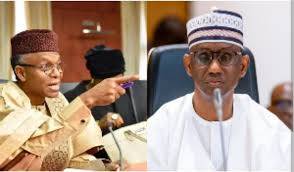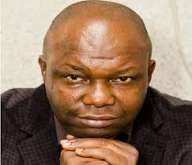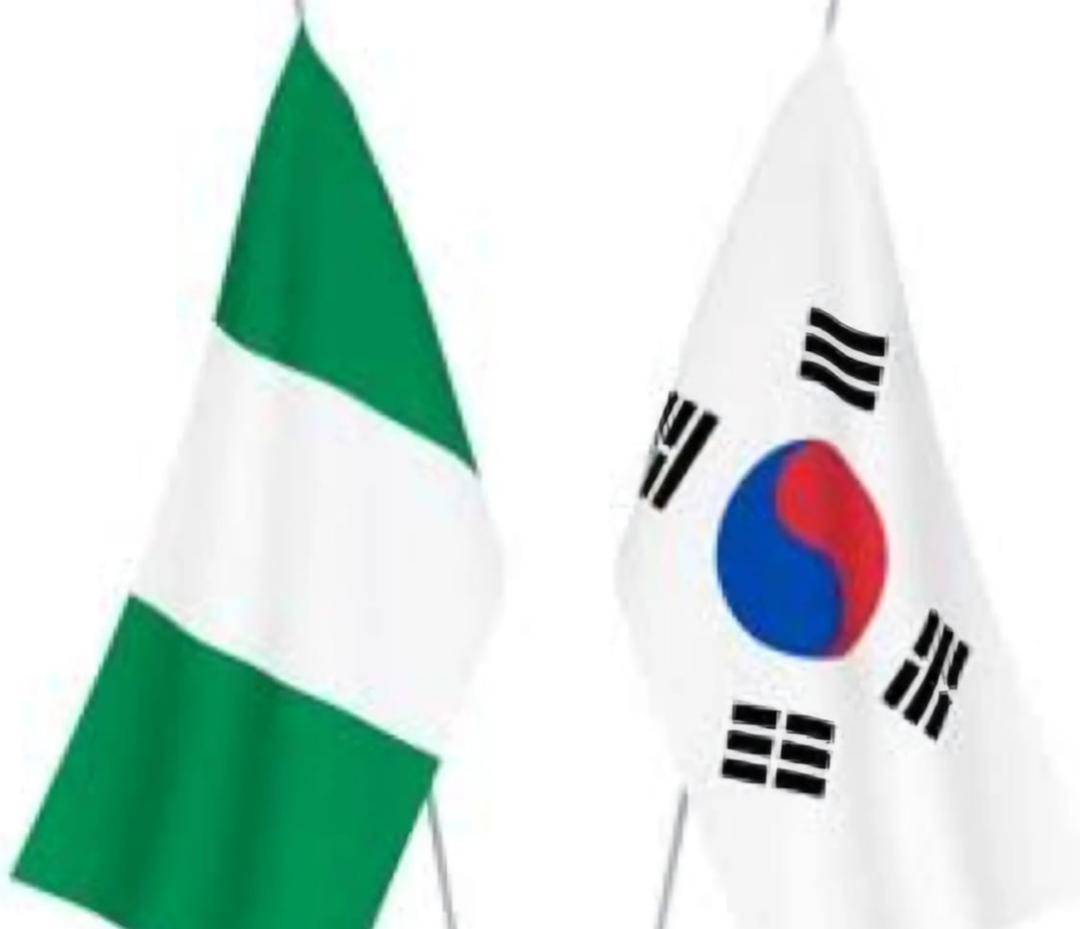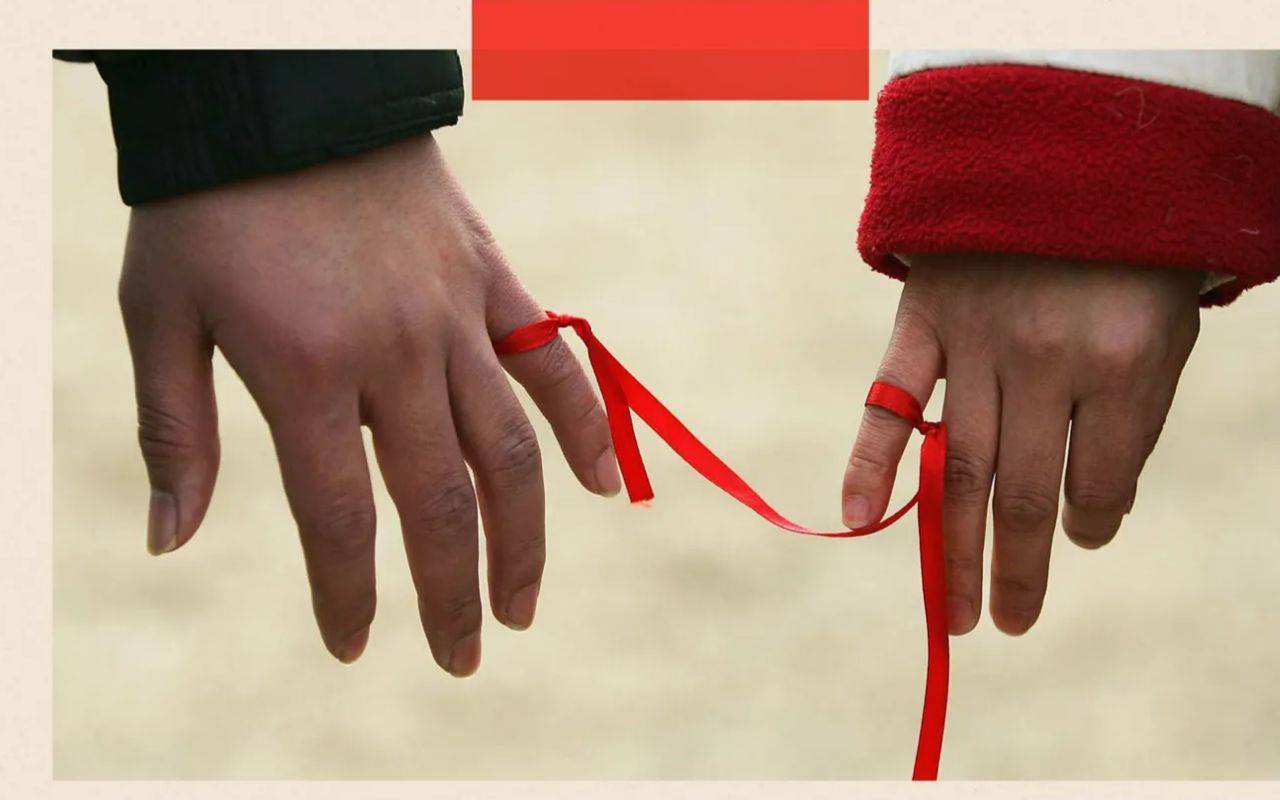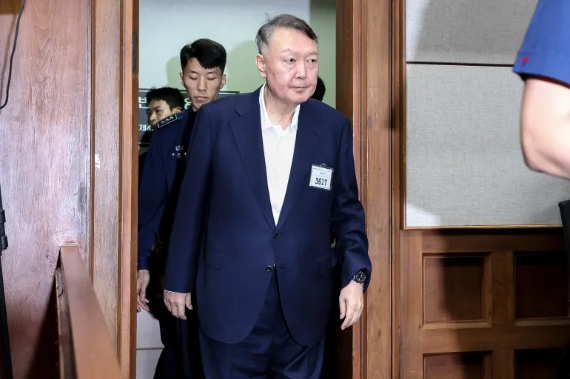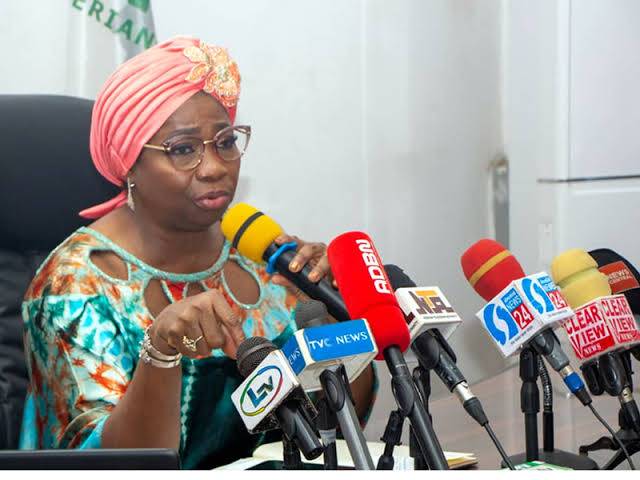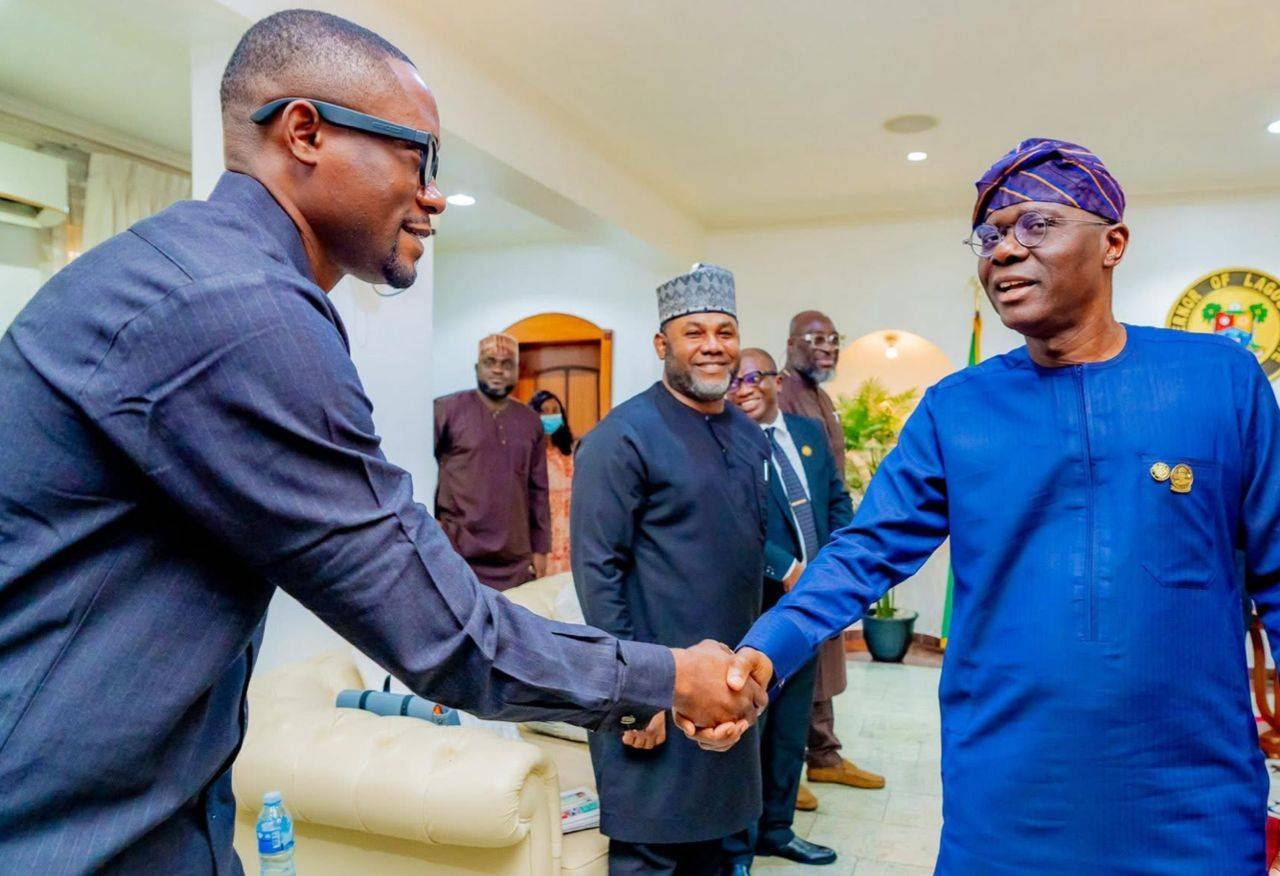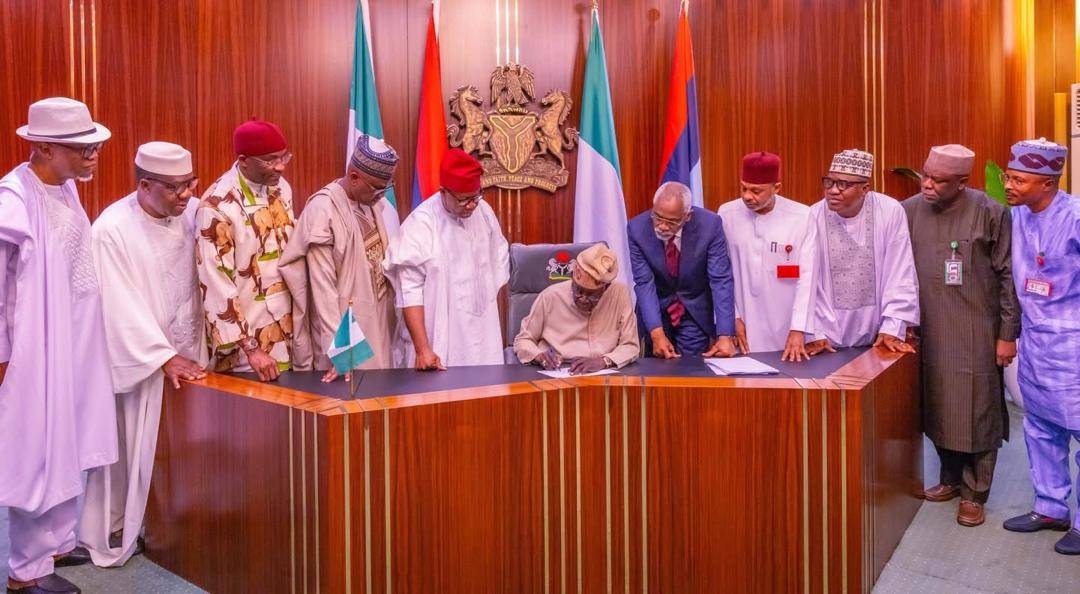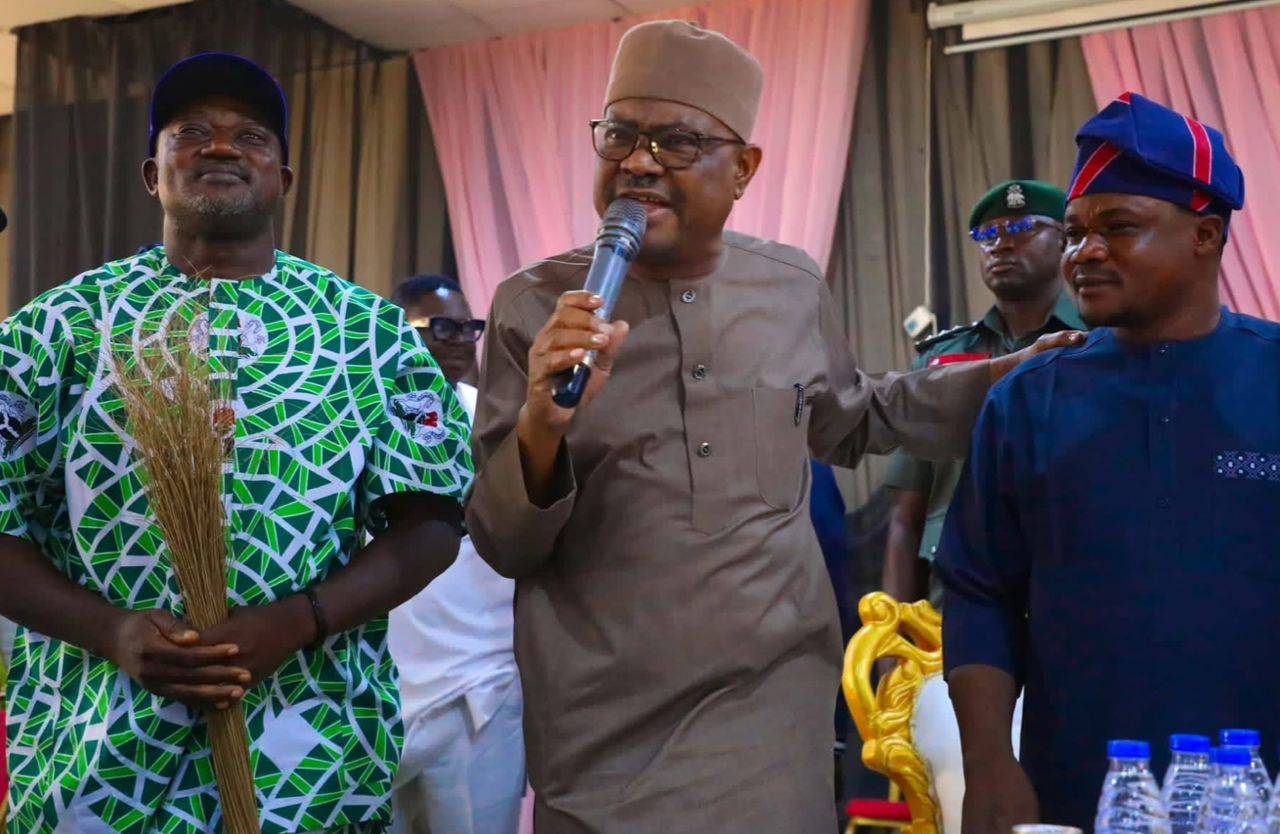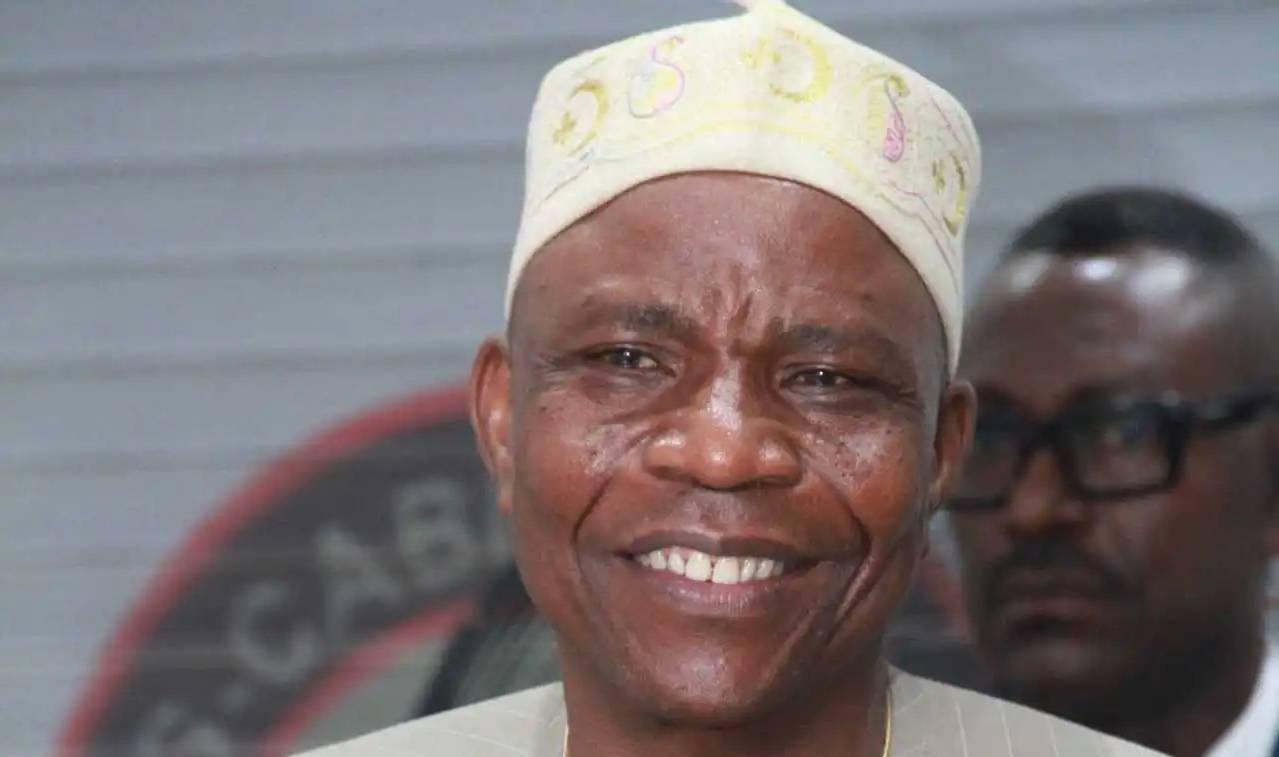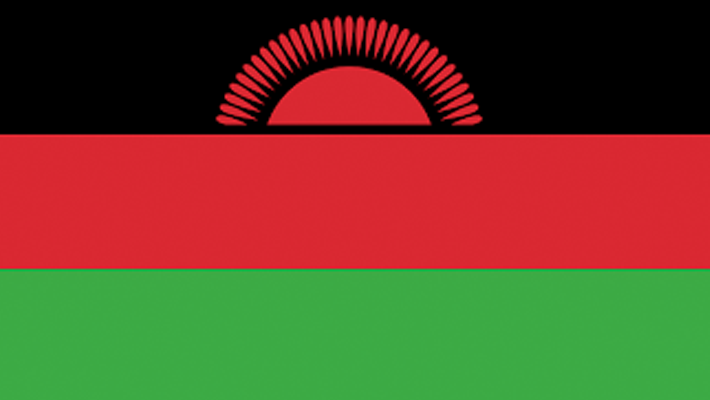By Segun Ayobolu
For the past several years, even before the commencement of this democratic dispensation in 1999, several military regimes and civilian administrations have been forced to organize what has been described as ‘low key’ celebrations to commemorate the country’s independence anniversary on October 1, 1960. It has not been different with the President Bola Tinubu administration which marked Nigeria’s 64th anniversary with a modest ceremony confined to the precincts of the Aso Rock Presidential Villa. All the states in the federation followed suit. The reason for the low profile independence anniversaries by successive administrations is the protracted economic crisis that has failed to respond to various policy medications with the vast majority of Nigerians sinking ever deeper into poverty despite their country being immensely endowed with natural, mineral and talented Human Resources.
Taking the bulls by the horns and announcing far-reaching economic reform policies with respect to removal of fuel scarcity and merger of corruption enhancing parallel exchange rate markets, measures that preceding administrations had identified as necessary but couldn’t summon the courage to implement, the Tinubu administration is faced with fierce tempests of socioeconomic hardships being borne by Nigerians hoping that the pains will be essentially short term if it harnesses the courage to stay the course and ensure continuity in policy consistency and steadfastness.
In one of his submissions in his book, ‘The Strategy and Tactics of the Peoples Republic of Nigeria’, Nigeria’s preeminent developmental and transformational leader, Premier of the Western Region in the First Republic, Chief Obafemi Awolowo, declared emphatically that man is the ‘Alpha and Omega’ of the universe; the generator of all productive activities and who should be the object of all meaningful development initiatives. In a way, Nigeria’s prolonged embrace of underdevelopment is a function of our failure to take this profound insight of the sage into account in the various developmental exertions of successive governments- authoritarian and democratic.
The depth of our developmental failings is a measure of the extent to which we have neglected the maximal development of the potentials of each individual to enable their optimal contributions to the process of national transformation. Although he penned his treatise over five decades ago, Awolowo presciently recognized the gross danger that educational disparity between the North and the South posed to national stability and harmony. In his words, “It is now generally accepted that if we want to keep Nigeria United, and harmoniously so, the yawning gap in education between the north and south must be closed with the least possible delay, and immediate steps must be taken to this end”.
This has become more imperative than ever before. Although the South has its fair share of violence and destabilizing dysfunctions, these pale into relative insignificance compared to the wave of banditry, terrorism, kidnapping, and religious extremism overwhelming the North; the region worst hit by the phenomena of multitudes of out-of-school children and pervasive poverty. So much for the lack of vision, ineptness, and venality of the region’s political elite, vices from which its Southern counterpart is not exempt even if it is implicated to a relatively lower degree.
There are those who contend that the fundamental roots of Nigeria’s post-independence predicament are essentially economic. From this perspective, the challenges of mass poverty, ignorance, illiteracy, hunger, inadequate shelter, prevalence of disease, and large-scale unemployment among others throw up barely controllable pressures that destabilize the polity and engender social disharmony.
The essence of the state as Plato noted is to enable those within its jurisdiction to meet their daily basic needs through superintending an efficient system of division of Labour. The social contract theorists, premised the obligation of citizens to obey the state on the latter’s capacity to fulfill its part of the social contract, especially the protection of lives and property, that undergirds the establishment of the polity. For the best part of the last 64 years, the Nigerian State cannot be said to have delivered to the citizenry the contractual obligations that is critical to the relationship between the government and the people particularly in a democratic polity.
Patriotism cannot exist in the abstract with a people demonstrating fierce loyalty and fidelity to a geopolitical entity simply because they dwell therein. Rather, the state can have the moral authority to call on its people to ask not what their country can do for them but what they can do for their country, as President JFK Kennedy demanded at his inauguration in America in 1961, only if it has succeeded to a significant extent in fulfilling its responsibilities to the led.
Yet there are still others who aver that at the core of Nigeria’s persistent post-colonial crisis is politics, deficient leadership, and a flawed constitution. If no meaningful attempt is made to address this superstructure of governance, hardly any breakthrough can be made in terms of economic recovery and sustainable development according to this school of thought. But then, as the Marxian perspective correctly contends, the political and constitutional superstructure rests on the economic substructure that has a determining influence on the former.
When they visited President Tinubu at the Presidential Villa recently, The Patriots, a group of eminent Nigerians led by respected diplomat and statesman, Chief Emeka Anyaoku, called on the President to urgently work towards drawing up a new constitution for the country. As far as they were concerned, the socioeconomic and political dilemmas confronting the country today stem essentially from the flawed 1999 Constitution which they claimed was a military imposition and not a product of ‘We the people’ as it reportedly falsely advertises itself. ‘Seek ye first the kingdom of a new constitution and everything shall be added unto you”, The Patriots confidently insinuated. Of course, President Tinubu’s response was that he would carefully consider his eminent visitors’ proposition but that the priority of his administration was to see its ongoing economic reforms to a logical and positive conclusion. Is constitutional change an indispensable condition for effectively addressing extant socioeconomic and political challenges? I don’t think so.
For one, as has been previously pointed out in this space, it is not entirely accurate that the extant 1999 Constitution is an imposition of the military. Rather, the General Abdussalam Abubakar regime itself had committed itself to a short transition to a civil rule programme and could thus not afford the luxury of embarking on the exercise of drawing up a new constitution for the country. Thus, it bypassed both the 1989 and 1995 Constitutions, products of the discredited Babangida and Abacha regimes, and opted for the 1979 Constitution which constitutes the core of the 1999 Constitution.
Although drawn up under the aegis of the Murtala Mohammed/ Olusegun Obasanjo military regime, the 1979 Constitution was the product of 49 of the country’s brightest and best lawyers, social scientists, academics and other experts who constituted the Constitution Drafting Committee and its proposals ratified by an elected Constituent Assembly with the then existing local government councils serving as electoral constituencies in which members emerged in non-party based polls. More importantly, the various ills identified under the presidential constitution of 1979 in the Second Republic as well as in this Fourth Republic from 1999 were also evident in the parliamentary constitution of the First Republic and these defects informed the jettisoning of the parliamentary constitution for the presidential constitution which we now operate.
It is thus obvious that the problems, challenges and failings we have witnessed in post-independence Nigeria cannot be blamed on deficiencies inherent to either the parliamentary or presidential constitutions. Rather, the political culture of massive corruption in public office, ostentatious lifestyles of public officers, unbridled competition for political power with the attendant brazen rigging of elections, rabid ethno-regional sectionalism as well as political intolerance among others led to the collapse of both the First and Second Republics under two different types of constitutions. The problem is then fundamentally one of an immoral and perverse political culture which will contaminate any type of constitution even if enacted by angels.
The belief that a constitution will be effective and ensure democracy and good governance if a majority of the people participate in its formulation is misplaced and excessively idealistic. In the first place, what percentage of any given population have the requisite knowledge and understand the nuances of constitution making well enough to contribute meaningfully to the process. It is my view that constitution making is intrinsically an elite-driven process. It is essentially the domain of a minority intellectual elite. In the making of the American constitution, for instance, the knowledge and expertise of the writers of ‘The Federalist Papers’ enabled them to have a preponderant influence on the ultimate outcome of the process.
Can the extant 1999 Constitution, for instance, be blamed for the benumbing corruption and criminal profligacy of so many of our public office holders in the different arms and at all levels of government? Can the Constitution be the cause of the desperation witnessed during elections with parties and candidates eager to compromise electoral and security agencies or buy votes thus weaponizing poverty? Surely, the answers to these posers cannot be in the affirmative. Rather than rush to enact a new constitution or brusquely terminate the Fourth Republic after two and a half decades of unbroken democratic governance, we must continue to painstakingly strengthen our institutions- electoral, anti-corruption, and security agencies to attain continuously increasing autonomy, efficiency, transparency, effectiveness, and credibility.
The capacity and independence of the legislature and judiciary at all levels must continue to be enhanced. Political education and enlightenment of the people by the major political parties as well as the National Orientation Agency (NOA) must be intensified. It is difficult to credibly dispute the fact, for instance, that, compared to the early elections of 2003 and 2007, recent elections in this dispensation have been far more credible even though mischievous election outcome deniers have also grown more vociferous. Nurturing and consolidating a mature democracy cannot be the equivalent of preparing instant coffee. It takes time, patience, resilience, and hard work, especially on the part of genuine change agents.
The tempestuous and impatient young majors that torpedoed the First Republic in January 1966 due to the perceived flaws of the politicians set in process a spate of coups and counter coups with soldiers falsely posing as political Messiahs when they had not the slightest clue to solving the country’s multifarious problems. Nearly three decades of military dictatorship severely hobbled and undermined Nigeria’s political and democratic development. This is unlike India which, though no less complex culturally and socially than Nigeria and buffeted by serious political crises at various times, has never experienced a military coup thus enabling that country’s democracy to grow apace steadily and systematically.
The problems of political and other forms of development will not respond to blind rage or wild emotionalism. Rather, a critical core of the citizenry must emerge with the capacity for cold, incisive reasoning as well as the skills and acumen to organize and mobilize citizens for change through legitimate democratic structures and processes.



